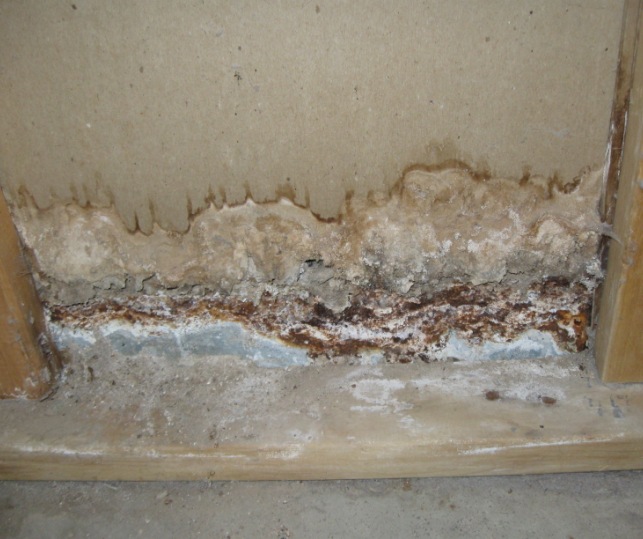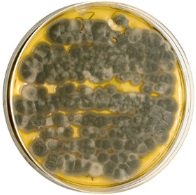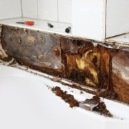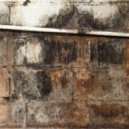Find a pre-screened local mold removal specialist Free Estimate
Find a Mold Specialist Now
Click or Call, Toll-Free 24/7
Testing For Mold
We are often asked about testing for mold, including when homeowners should test for mold and whether or not they can do the tests themselves or if they need to hire a professional. It’s not always necessary to do tests for mold; sometimes there is so much mold in an easily-accessible area that you can see it plainly and you know it’s there. Other times, though, mold hides in hard-to-get-to places, like inside walls, under carpets, and in crawlspaces. Then testing can confirm its presence and help you locate all of the mold.
When is it Necessary to Test For Mold?
We recommend testing your home for mold if:
- You smell a musty odor in the home (a musty odor is almost always caused by some sort of mold).
- Your home has recently been flooded (mold frequently begins to grow after a home has been flooded).
- You discover mold in one area of the home (mold spreads quickly and easily throughout a home, so if you have mold in one part of the home, we recommend testing the rest of the home in case the mold has spread).
- You or another member of your household have symptoms of mold-related health problems, such as chronic sinus infections, chronic sore throats, frequent headaches, coughing, wheezing, unexplained rashes or hives, or unexplained fatigue.
- You may also want to have your home tested for mold if you or another member of your household has a health condition that can be made worse by exposure to mold, such as asthma, severe environmental allergies, respiratory disorders, or immune system disorders.
- You suspect there is hidden mold in your home that you can't find.
How Do You Test For Mold?
There are a couple of different ways to test for mold. Some tests check for mold on a particular surface. Other tests check for mold spores floating in the air. Sampling the air for mold can help you find hidden mold. For instance, if there is mold in your heating and air conditioning ducts, you may not be able to see it, but every time you turn on your furnace or air conditioner, mold spores will blow out into the room. A mold tests that samples the air for mold spores should let you know mold is present somewhere nearby. You’ll still need to track down the exact location, though.
There are mold tests homeowners can buy and use themselves; it’s not necessary to hire a professional to test your home for mold. However, the do-it-yourself mold tests are very limited and may not provide accurate results. Improper handling can give incorrect results as well.
 Mold Found in Basement
Mold Found in BasementProfessional Testing For Mold
We recommend having a professional come in and conduct testing for mold if you aren’t sure you’ve located all the mold in your home or if you’re having health problems that might be related to mold. Most professionals that do mold testing are actually engineers and they are trained to conduct mold tests with precision to ensure accurate results. They also know where to test for mold in order to make sure all the mold in the home is located. Their tests can tell you what type or types of mold is growing in your home, information which may help your physician in formulating the best treatment plan if you’re suffering from mold-related health problems. A certified mold tester can also tell you the expected and safe levels of mold in the home and let you know if the levels in your home are unusual or unsafe. For a list of certified mold testers in your area, follow the link.
Additional Reading:
Home Mold Test Kit Reviews - Although the home mold testing kits are generally inaccurate and the results vary greatly due to improper testing techniques and handling, we get questions about them every week. To answer those questions we have published our reviews of the most popular home testing kits for mold.
Guide to Mold Assessments and Mold Reports - What a professional mold assessment includes, how to decipher the mold report.
Return From Testing For Mold To Home Page
Resources:
CDC: Mold Faq's
CT. Dept of Health: Fact Sheet
Free Home Inspection By A Mold Removal Specialist
Search This Website

Recent Articles
-
See Our 5 Recommended Mold Removal Companies in Aberdeen, SD
Oct 08, 21 04:05 PM
-
Public Housing Tenant Sick from Mold
Apr 24, 20 01:40 PM
-
Mold Types Found In Homes .......Identification, Finding Mold, Testing
Jan 27, 20 02:32 PM




